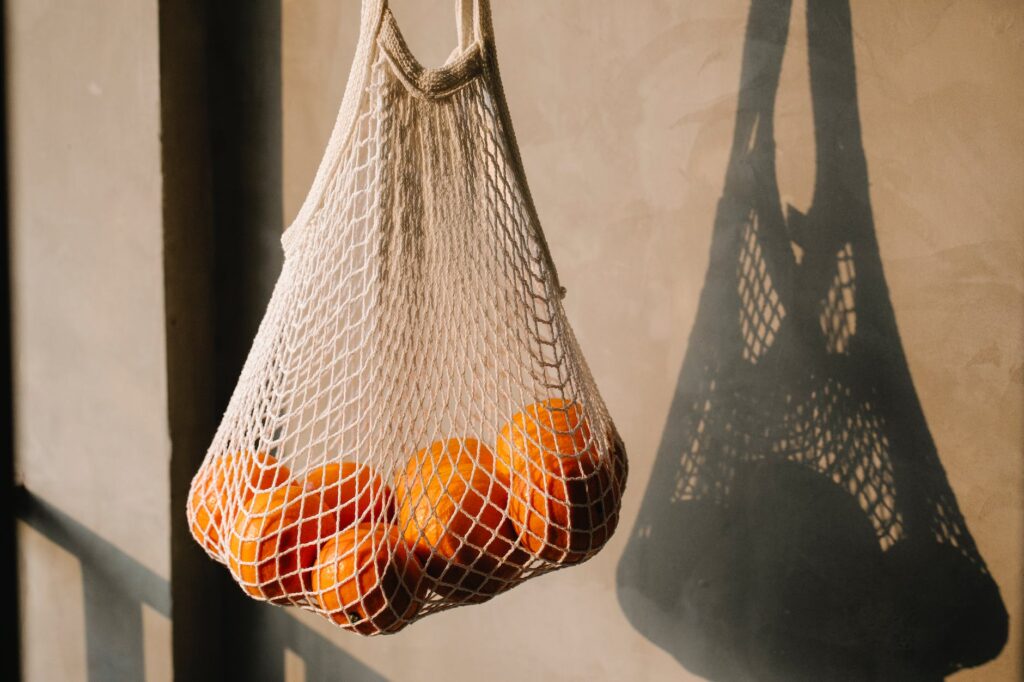The amount of stuff we go through is insane. The problem is so out of hand that we have trash islands in our ocean! We’re using up so many resources only to just not use them efficiently which has a huge impact on our environment. Our overconsumption problem is just too intense to ignore. A huge part of addressing climate issues is addressing the sustainability of our resource use. We must address overconsumption.
To address the problems facing us to due to overconsumption, we need to focus on shifting towards sustainable practices. One idea of how to address the overconsumption problem is a zero-waste lifestyle.
What is a zero-waste lifestyle?
The core idea behind a zero-waste lifestyle is to refrain from creating any waste. You’re conscious of our problems of overconsumption, so you aim to send nothing to the landfill. It all comes down to taking accountability and understanding your impact, namely the waste you create.
Speaking more specifically, there are two goals to keep in mind when thinking about being zero-waste. In the short term, you want to reduce resource use and reduce pollution. Long term, it would lead to a circular system where resources are reused. But, overall, you seek to improve the sustainability of our system through mindful resource use and societal change.
Realistically, what can living zero-waste look like?
Striving for a zero-waste lifestyle sounds daunting because making no waste seems impossible. So, trying to live without leaving any impact must be impractical, right? Sort of. Being truly zero-waste is, realistically, not feasible. Getting too caught up in the literal meaning of the word zero-waste can, therefore, be a great source of stress. Honestly, we’re only human and can’t be perfect! Trying to be perfectly zero-waste is not sustainable, it’s too easy to get discouraged. I don’t believe anyone can be by the book zero-waste, but that doesn’t mean we can’t still be environmentalists.
You don’t need to be overly strict, that only makes stress and anxiety worse. You can take the core concepts of a zero-waste lifestyle and do what any environmental steward would: just commit to doing better. You should strive to lessen your impact even if you can’t be literally zero-waste. You don’t need to be perfect! No one can be, by default we will always have some sort of impact on our environment. The goal should just be to lower waste and increase mindfulness.
Anyone can integrate more zero-waste habits into their lifestyle!
Being aware and striving to live with as little impact as possible should always be the goal. If you don’t take things so literally, this lifestyle can be feasible for anyone! Take the pressure off yourself, slow down, and choose to be mindful. Don’t focus on the label of zero-waste; instead, focus on the goal behind the term. This will keep things manageable while still creating positive change.
For me, living a zero-waste lifestyle means living minimally and appreciating what I have. Cutting down on consumption and single-use items as much as I can but not sweating the things I can’t do perfectly. Living a zero-waste lifestyle shouldn’t be an overwhelming task, it should be a goal to strive for. It’s not about being perfect, it’s about being aware and doing what you can.


I really appreciated this article’s clear and straightforward approach to explaining zero-waste living. It’s refreshing to see an emphasis on how accessible and rewarding a zero-waste lifestyle can be, without the pressure of being perfect. The focus on small, consistent changes really resonated with me—it’s comforting to know that every little effort counts. I also loved the practical tips and realistic mindset shared here, making sustainability feel achievable for everyone. Thank you for providing such insightful advice and encouraging readers to take meaningful, manageable steps toward a more sustainable life!